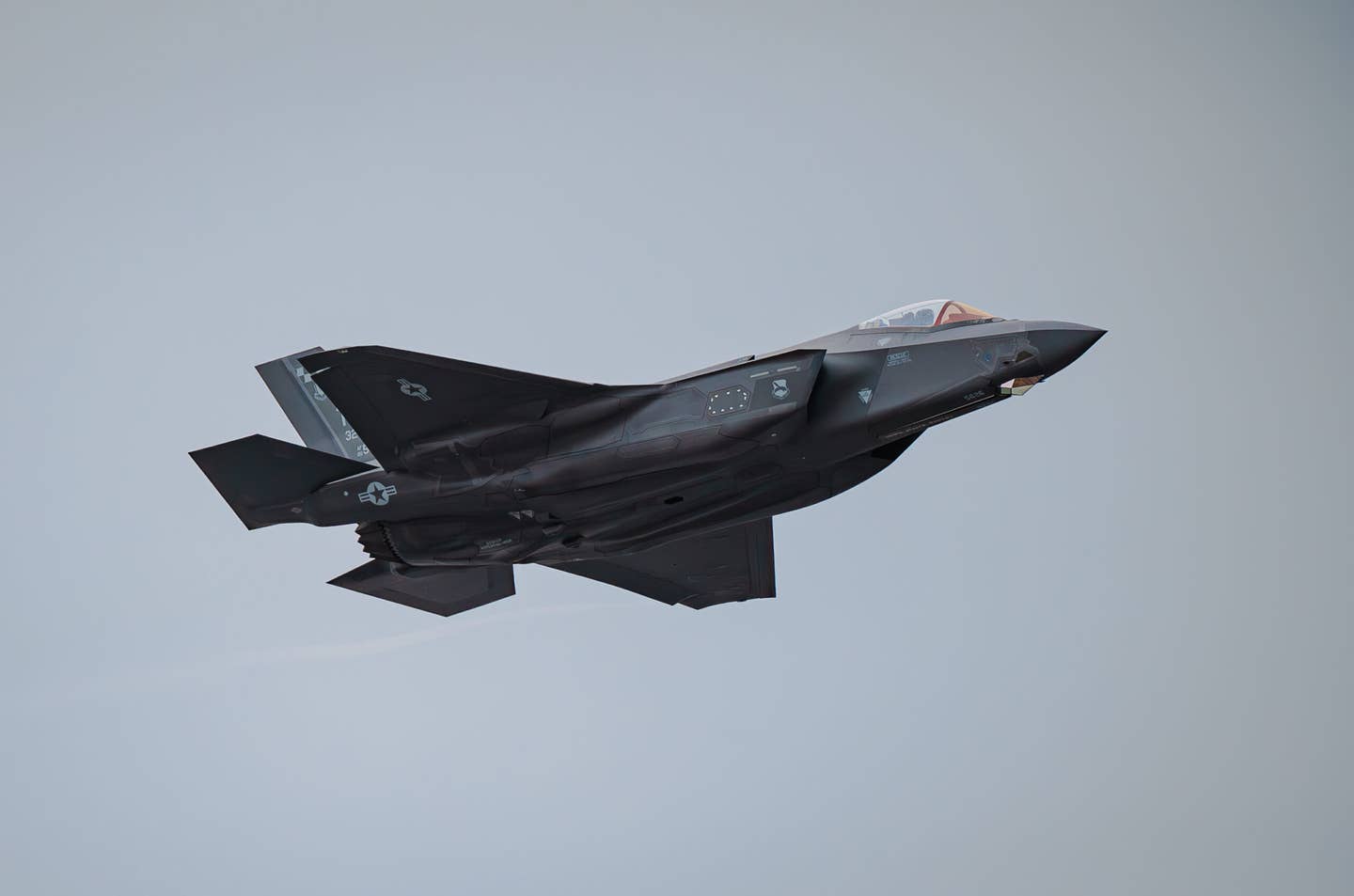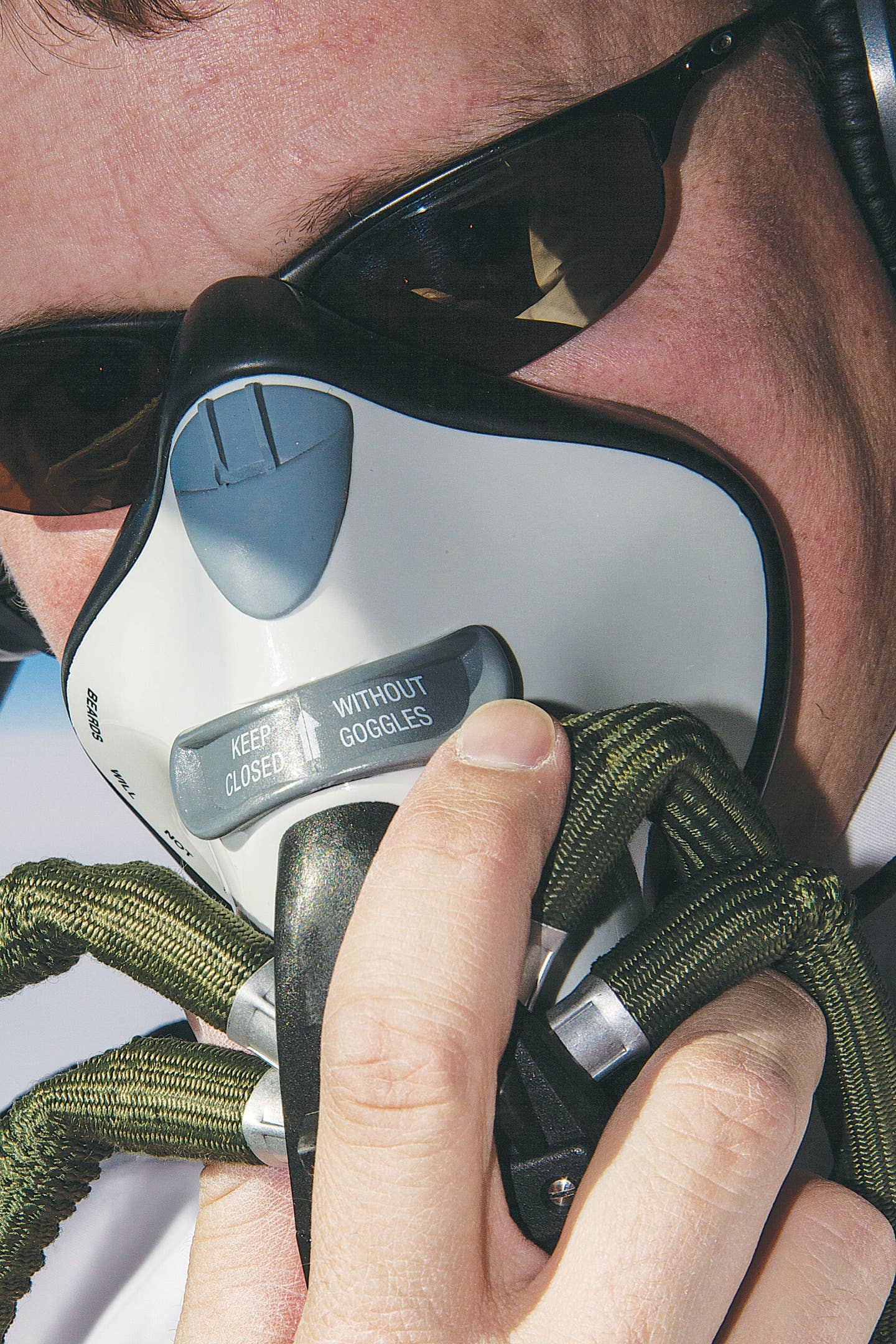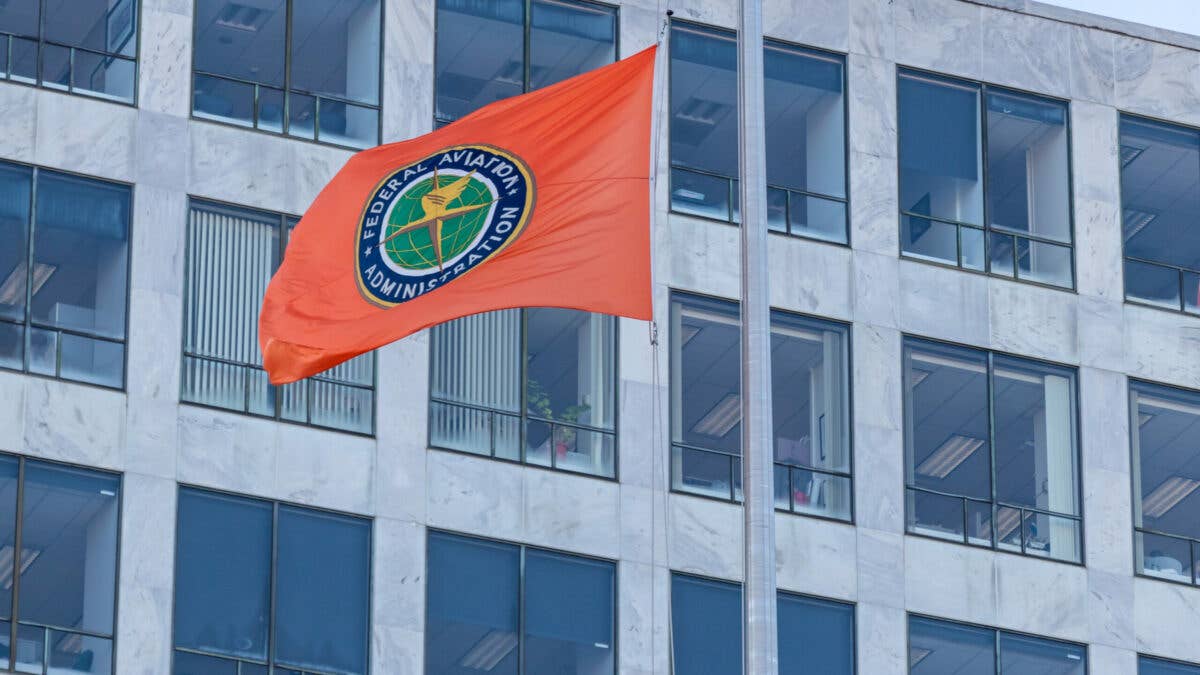
Despite efforts by the National Business Aviation Association and some aircraft manufacturers, little success has been achieved in changing the public's mind about private airplanes, especially jets. When the CEOs of the big three (well, the diminished three) automakers arrived in Washington, D.C., in three separate corporate jets to claim taxpayer bailout money, you didn't have to be Simon Cowell to know that the public relations folks at these companies were tone deaf. No wonder they were still trying to peddle Hummers when gas was $4.30 a gallon.
The usual excuse for corporate aircraft is that the top people are so valuable that sitting around an airport waiting for a tired old 757 to take them to a hub and then onto their destination like the rest of us is somehow a crime against nature. I don't buy it. First of all, though not the glorious mode of travel it once was, modern airlines do get you there pretty much on time and in one piece. The time saved is relatively small. Granted, the security dance is a pain in the neck. As one wag recently put it: We've got a government that requires that your toothpaste be in a plastic see-through bag for inspection, yet almost anybody can leave the airport and drive over to a store and pick up an AK-47 without much ado.
Secondly, I see a lot of golf clubs coming out of those Gulfstreams. Let's face it; many corporate flights involve business and pleasure. Sometimes just pleasure. To not be forthcoming about this seems to me disingenuous. When you see the wife and kids exiting the Hawker, don't you think that maybe their role in the maintenance of the corporate Goliath is risible? Most working stiffs I know just shake their head in wonder.
But, but.
Individual security might be a more reasonable claim for private aviation. I really don't expect to see Bill Gates sitting next to me on Southwest's Seattle to Oakland leg. Enormous wealth begets a set of problems that you and I can only guess at, but security for your family seems to be a likely concern. Similarly, though I'd enjoy it, I don't expect to spot Jimmy Buffet in middle seat coach while I am ensconced in the window seat. I do often wonder how celebrities really feel about the bubble that surrounds them. It must be frustrating to have to wear a wig to go to Starbucks.
An even more plausible claim for business aviation is the fleet of legitimate working airplanes that take skilled workers to plants for repairs and ferry the finance guys, all seven of them, from Baton Rouge to Rochester. When you work that out, it does make financial sense; especially if one of the corporate sites is in an obscure and airline-unfriendly place.
The compelling reasons that business aviation makes sense were well delineated by Mac McClellan in the May issue of Flying -- there are only 500 airports with airline service, yet there are 5,000 useable GA fields near businesses; the importance of GA exports, one of our very few balance of trade winners; the critical relevance of the jobs that come directly from manufacturing, maintaining and flying those airplanes; the public good provided by package and mail delivery to small towns, etc. But these facts seem to be overwhelmed in the public's mind by the hubris of Ford, Chrysler and General Motors.
Envy and jealousy are at work here, there is little doubt. Some of my friends are in the newspaper business (or what's left of it), and they are pretty vociferous about the big shot rich guys that fly in those gas guzzling symbols of wealth and power. One once told me, "We are pretty much wallflowers, tut tutting about the rest of you who actually live real lives. We sit on the sidelines and watch and that makes us envious." In some cases, I think this may be true. I take special delight in flying a retired editorial page editor who championed the closing of a local airport (it wasn't) in my Cheyenne and teasing him about the obvious inconsistency. "I try to separate what's public good from my own good," he quipped.
I admit to some jealousy myself. When I walk up to a nice jet and ask the crew about the trip and the plane's owners, the answers frequently make me wonder why I can't have a private jet, too. How hard can it be to make salsa? Or own a paving, trucking or glass manufacturing company? The fact is, I've got no idea how hard those accomplishments are and it is entirely possible that I would fail miserably if I tried to emulate those lucky individuals who made their way in this life in such a manner that they take the Citation X instead of Jet Blue.
I get enough unfriendly mail at this magazine to realize that my 30-year-old turboprop puts me in the fat cat category for many readers. A healthy percentage of these scathing bombs posit that I must be a worthless jerk to hope for a jet. I should, they say, count my blessings and shut up. And, in a very real sense, they are right. This sentiment gives me access to the defensive posture that airplane owners, especially jet owners, adopt. Hey, I work hard. Nobody handed me anything. I can visit my grandsons, who live two hours away from the nearest jet airliner terminal, much more conveniently and predictably. And so on.
But my critics are mostly tasting the same envy I am when I see a 14-year-old girl with an iPod saunter out of a Challenger. Whether you fly a Beech Sundowner or a King Air, there is always somebody out there with a bigger, better, faster, cooler airplane. For the same reason my wife pores over real estate brochures, I surf Controller.com. I just need to do it.
You see, there is no defense for my Cheyenne. It is extraordinarily expensive. I don't need it. It is not helping global warming. Not many really need a corporate jet, either. But aren't they a magnificent concept? Isn't a private jet exactly what society should provide to our top people? Is there a more glorious way to celebrate life, success, luck? Imagine being able to own one; to jet to the Cape for the weekend.
I am going to suggest another reason for corporate airplanes, for private airplanes and for my Cheyenne. It has little to do with need and a lot to do with the taste for life that a capitalist system can give you. Follow me on this. Thousands of little leaguers affect the mannerisms, wear the numeral, and fantasize that they will be the next Derek Jeter. One or two may become good ball players and even fewer will make it into professional ball. The odds are prohibitive. But every kid and their adoring parents have the dream that maybe they will sit atop the world and have a lucrative advertising endorsement, too. Tiger Woods motivates legions of duffers. When General Tommy Franks returned from Iraq and made millions with books and speaking engagements, every lieutenant colonel in uniform dreamed that, hey, that might be me!
Societies, human and animal, arrange themselves with distinct hierarchies. Biologists find reasons for these configurations and the most common one is the survival of the species. Just as England reveres the Queen and the United States gives the President his own 747 for a private ride, we, too, have established social hierarchies that give us a sense as to where we fit in. This "pecking order" is the best reason for a private jet.
Those who can command one have done something, sometime, to warrant a place in our social structure that puts them above the rest of us. Let's not apologize for the Learjet, let's celebrate it. Seeking to own one has driven much of our collective accomplishment since it was introduced in 1963. I wish I had done something so wondrous. As Oprah Winfrey said during her recent address to the graduates of Duke University, "It is great to have a private jet. Anyone that tells you that having your own private jet isn't great is lying to you." She owns a $42 million Global Express XRS. As well she should.

Sign-up for newsletters & special offers!
Get the latest FLYING stories & special offers delivered directly to your inbox






